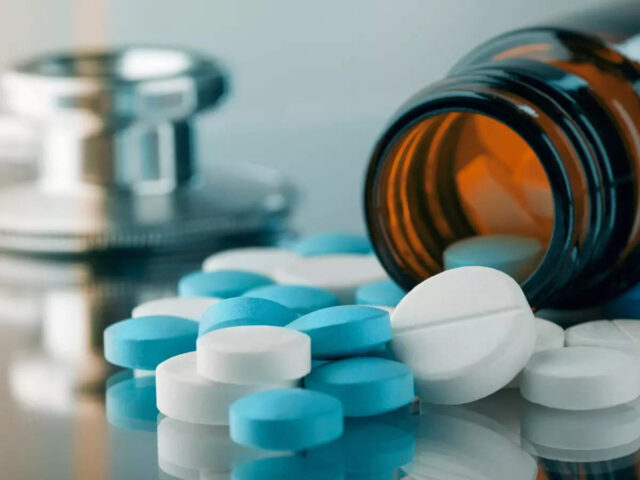
“Increasing public healthcare spending to at least 2.5% of GDP is crucial for strengthening our infrastructure and ensuring universal coverage,” said Fortis Healthcare managing director and chief executive Ashutosh Raghuvanshi.
Organisation of Pharmaceutical Producers of India director-general Anil Matai urged the government to explore methods to incentivise R&D investments, such as tax deductions on R&D expenses, research-linked incentives for multinationals and corporate tax concessions to accelerate.
“Recognising the high-risk, long-gestation nature of R&D, we suggest extending the scope of Section 115BAB of the Income Tax Act, 1961 to companies solely engaged in pharmaceutical research and development and providing a 200% deduction rate on R&D expenditures,” he said.
This section of the I-T Act allowed manufacturing entities registered on or after October 1, 2019, to opt for a lower corporate tax rate of 15%, provided they started manufacturing operations by March 31, 2024.
Sudharahan Jain, secretary-general of the Indian Pharmaceutical Alliance, said incentives for AI research in the pharmaceutical sector should be introduced, building on the support announced in Budget 2023 for AI Centres of Excellence and medical device training.
“The Indian pharmaceutical industry is at a pivotal moment, and poised for growth, targeting $120-130 billion by 2030 and $450 billion by 2047. This will position India among the top 5 innovators and No 1 in volume. To achieve this, the Union budget 2025-2026 should prioritise innovation, ease of doing business, and policies that strengthen the life sciences ecosystem,” he said.
Himanshu Baid, MD, Poly Medicure, said the government may consider standardising the GST rate of 12% across all medical devices as it would simplify the tax structure, ensuring consistency and ease of doing business.






























